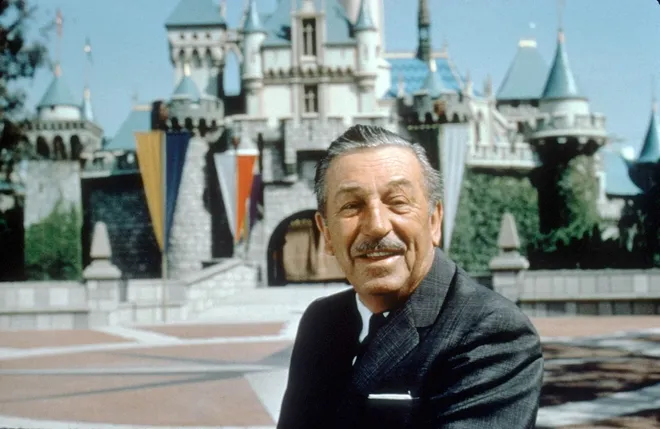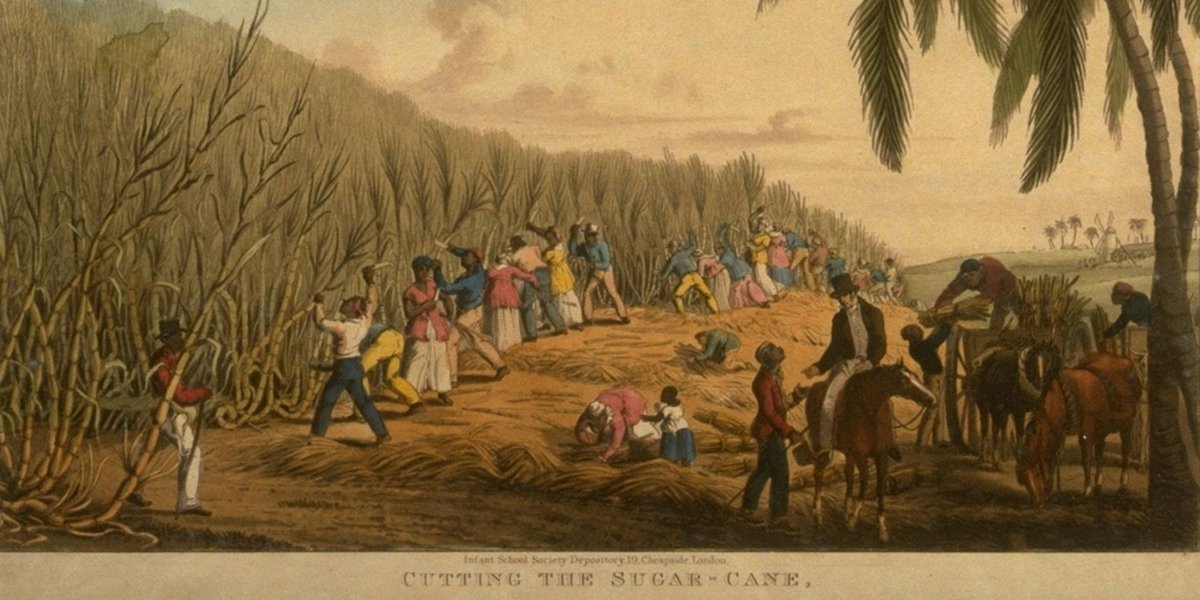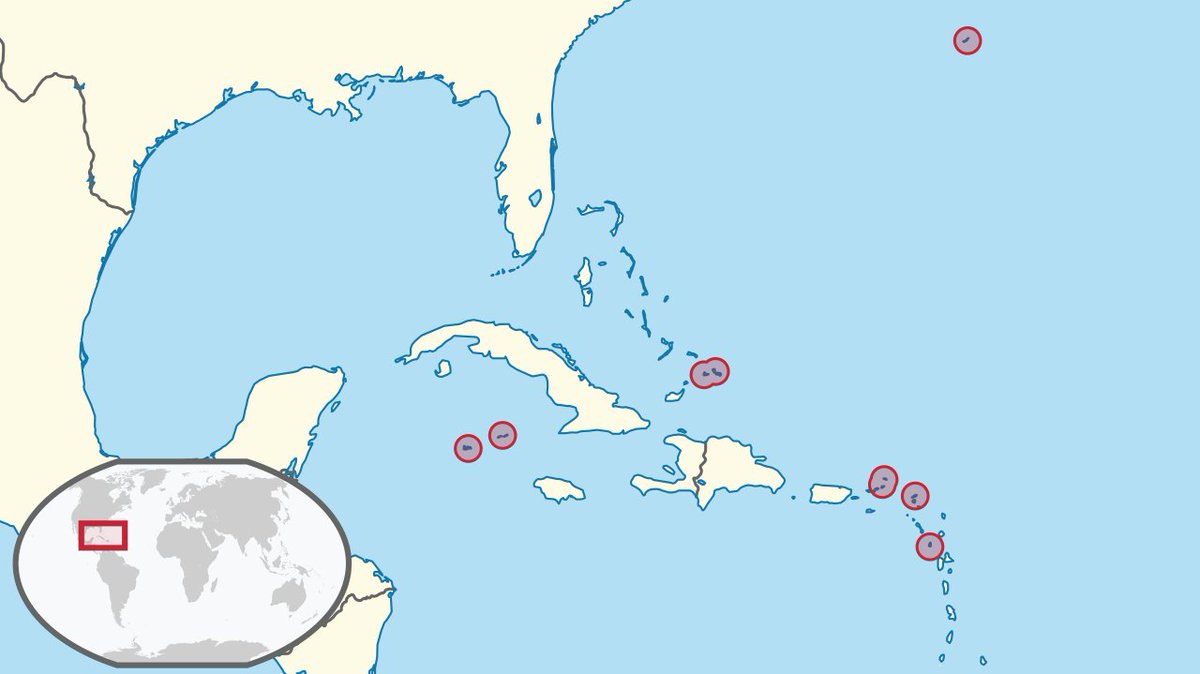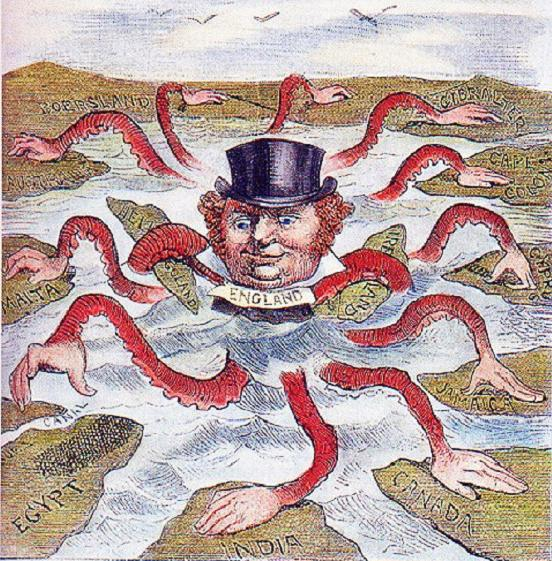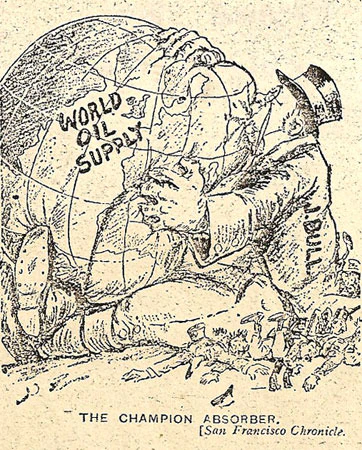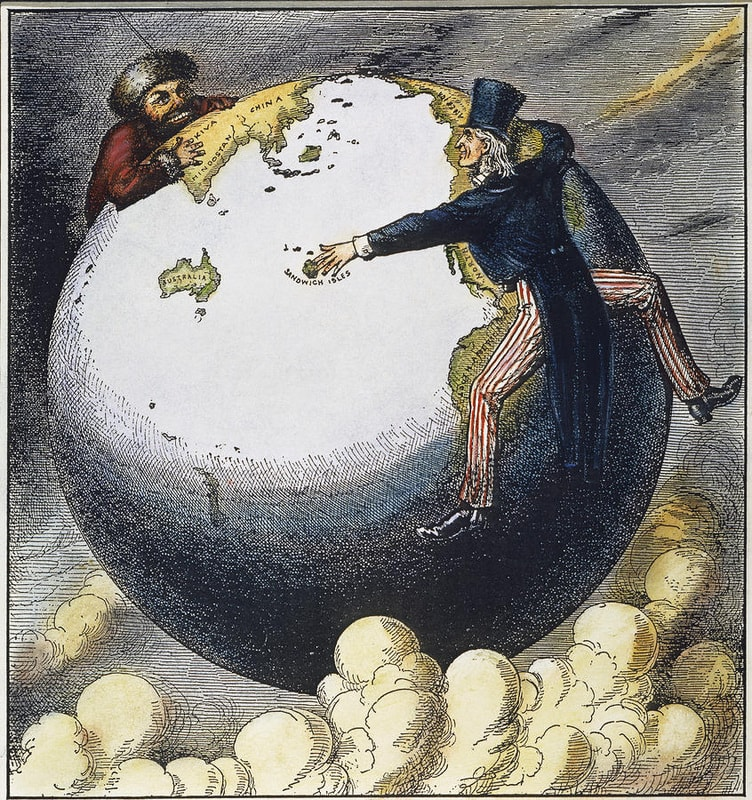
every year, I try to tackle one or two Major Works, and so I read W.E.B. Du Bois' Black Reconstruction in America, sort of in parallel with Black History Month. this isn't gonna be a thread, but I did have a couple thoughts 

I mean, first of all, it's an amazing work of history on a depressingly misunderstood but vital time in US history. Du Bois also managed to make the book very readable, and, dare I say, compelling. one of the better works of history I've read, ever 

for one thing, Du Bois insisted on the importance of understanding the economic of the country, the 'base', if you will. slavery and the Civil War don't really make sense if you only look at the superstructure or whatever, and understanding the economics clarifies so much 

it was a little jarring to hear Du Bois talk frankly about the light benevolence of the slave owner, but it makes more sense when you contrast it with the status of freedmen under wage slavery. and Du Bois is not letting the slaveowners off easy, either 
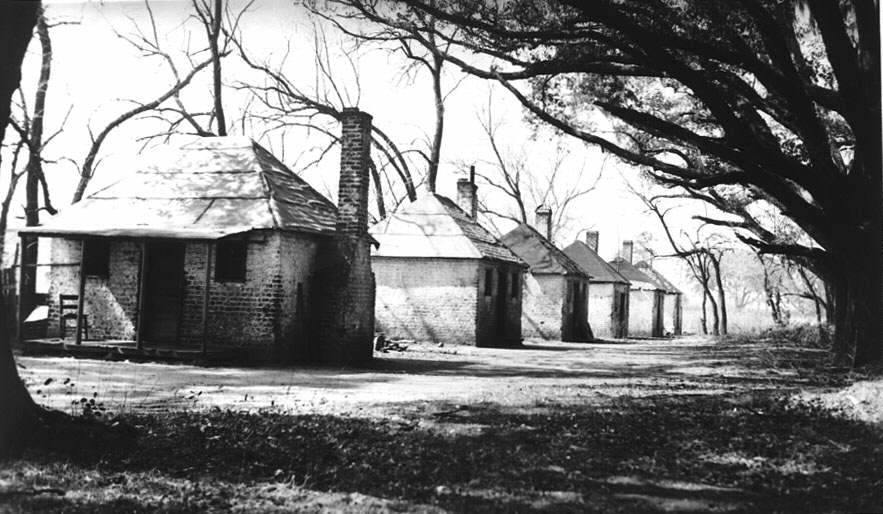
Du Bois also said that slaves escaping to the Union army on a massive scale constituted a General Strike, and also emphasizes the strategic importance and valor of Black troops for winning the Civil War 

his book exhaustively cataloged both the wins that the Black voting bloc won, e.g. universal public education, and the betrayals and terroristic violence they faced, and you won't understand anything about America without knowing this context 

"The tragic death of Lincoln has given currency to the theory that the Lincoln policy of Reconstruction would have been far better and more successful than the policy afterward pursued..." 

"If it is meant by this that Lincoln would have more carefully followed public opinion and worked to adjust differences, this is true. But Abraham Lincoln himself could not have settled the question of Emancipation, Negro citizenship and the vote, without tremendous difficulty." 

Du Bois also talks frankly about the shortcomings of the early US Marxists: "the early American Marxists simply gave up the idea of intruding the black worker into the socialist commonwealth at that time" 

still, Du Bois discussed the correspondence between Marx and Lincoln, the strikes/solidarity that the workingmen in Manchester exhibited with the Union, and Lincoln's statements on labor and capital 

at the end of the day, Du Bois seemed to have believed that the US had a unique chance, during the Civil War and Reconstruction, to make the US into a uniquely egalitarian society that actually lived up to its promises, but that it failed.
it's hard to disagree
it's hard to disagree
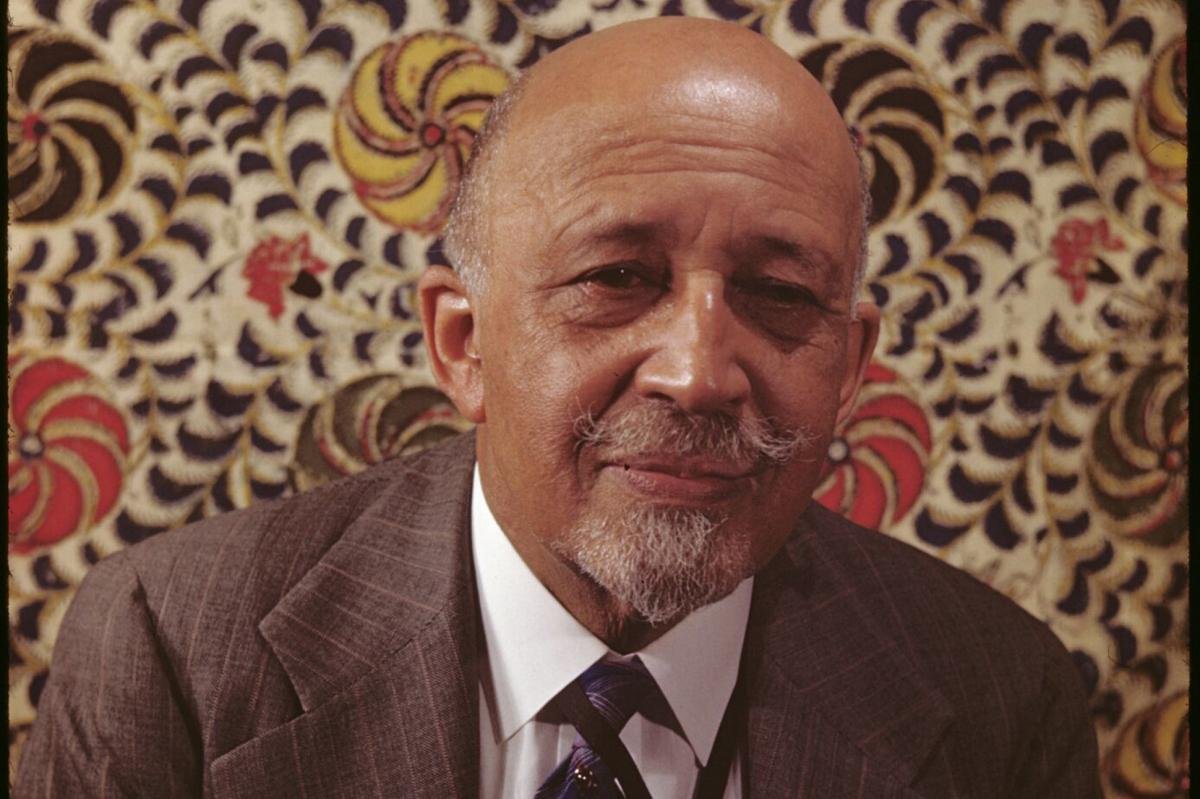
• • •
Missing some Tweet in this thread? You can try to
force a refresh


